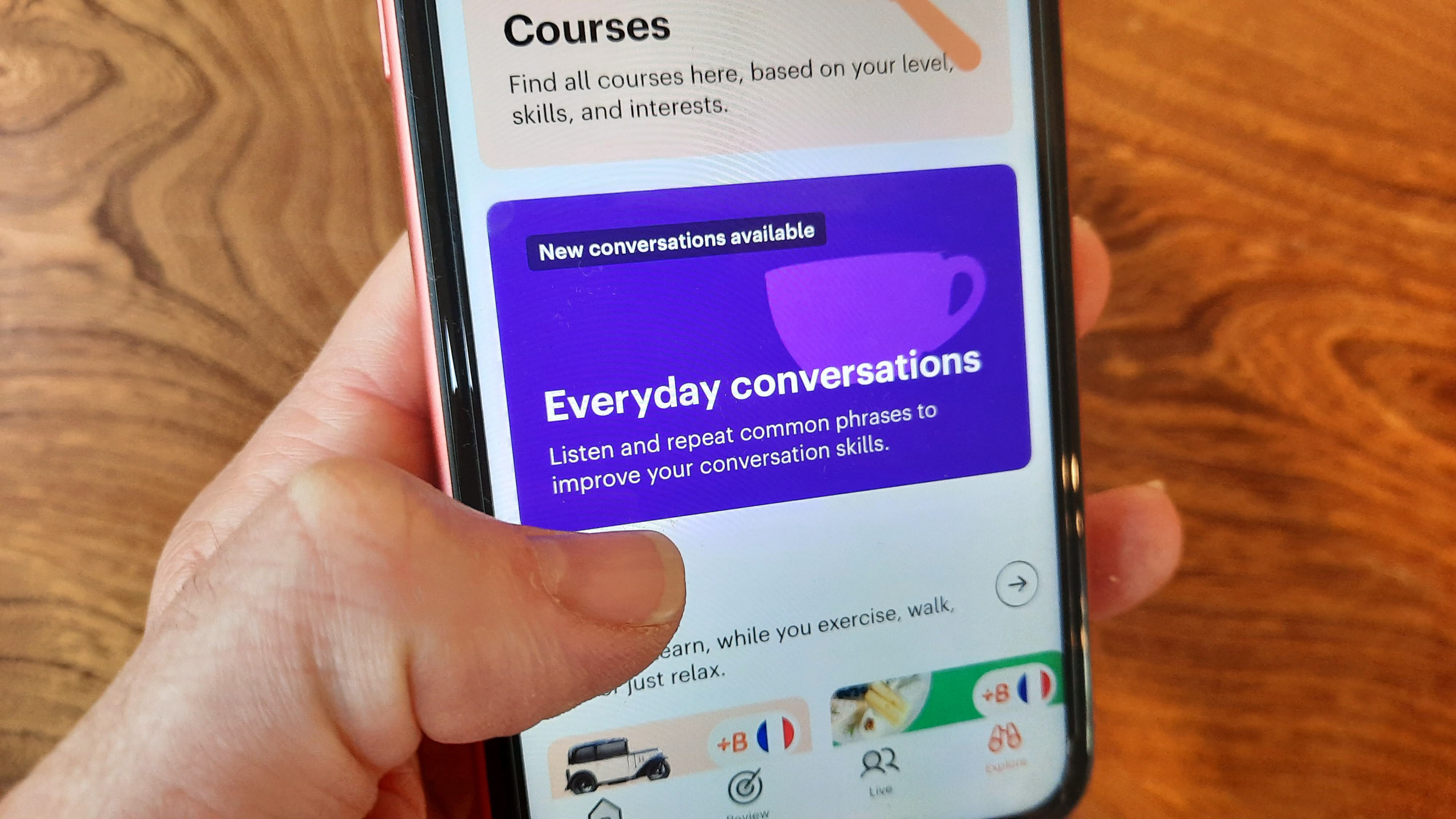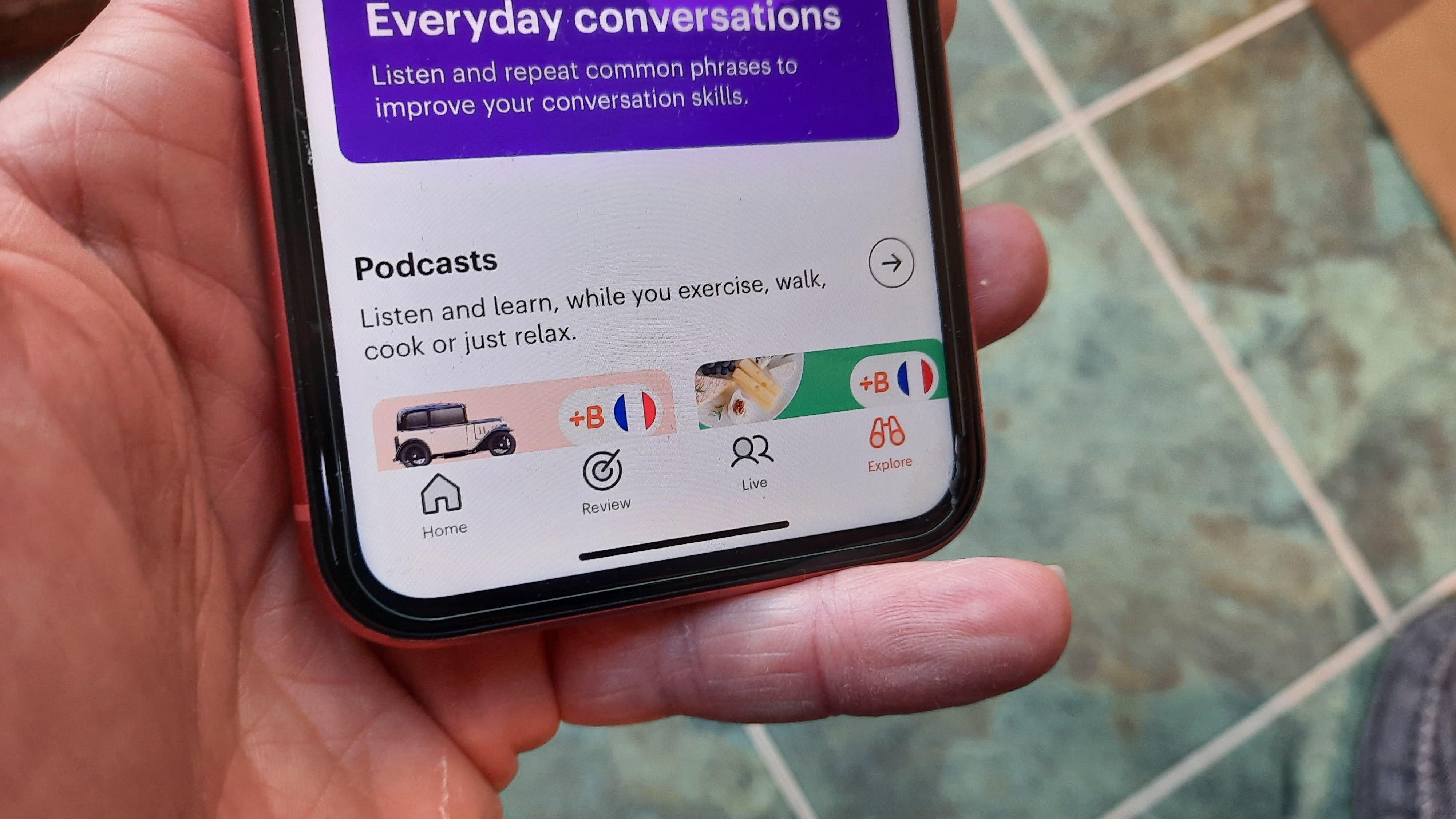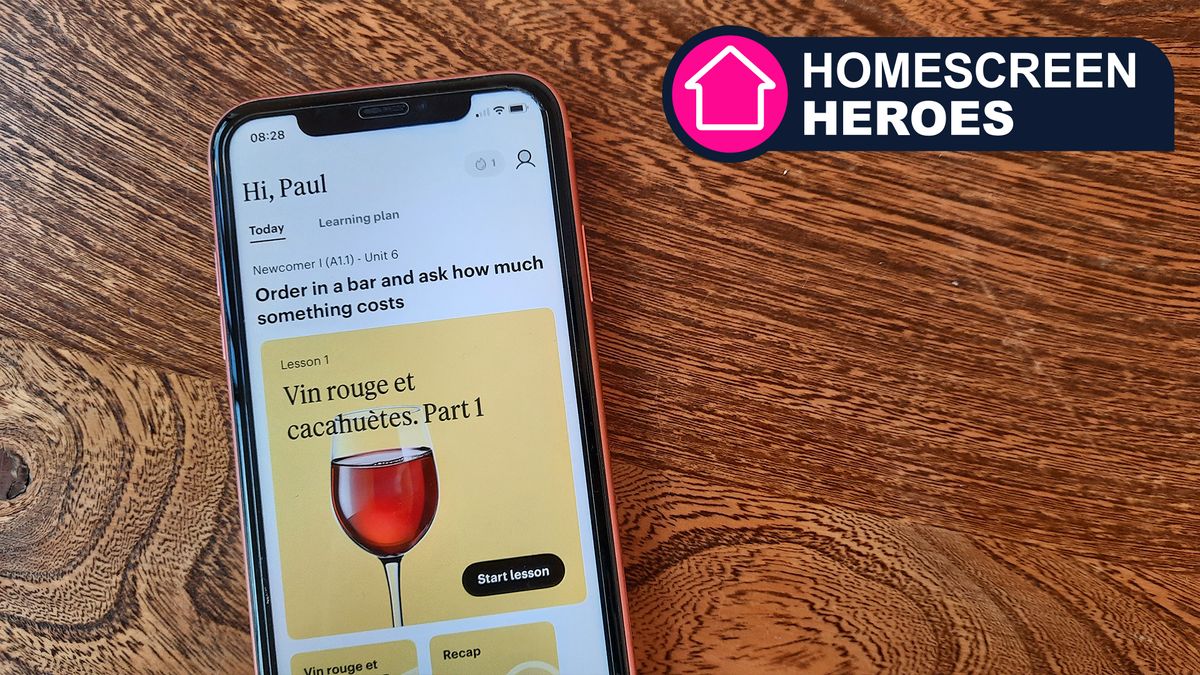Toward the end of the 2010s, my family and I were getting into the habit of traveling outside of England for our family holiday. We had a lovely holiday in 2019 in the South of France and enjoyed the sun, the pool, and the glorious French bakeries. Upon returning to a more gloomy climate, we began dreaming of another trip the following year. Anyone who hasn’t been sleeping under a rock will know why that holiday never happened.
A few years later, the conversations started happening again. The thought of being restricted to our little country felt too much to bear, so we found ourselves scouring the web for a new destination to enjoy some guaranteed summer sun. We landed on a beautiful cottage near Toulouse, France, and we began putting all the necessary plans in place.
Homescreen heroes
This is part of a regular series of articles exploring the apps that we couldn’t live without. Read them all here.
Our family conversations quickly turned to us trying to remember the French that we had ‘learnt’ back in school. It seemed so long ago, and all we could manage was telling people our names and that we would like mushrooms for dinner. Nothing very useful. We needed help.
I opened the app store and searched for ‘learn a language’. Up came the usual suspects of Duolingo and Memrise, along with an app I had never heard of called Babbel. I was intrigued by the features that included an AI speech recognition tool, an everyday conversations tool, and a podcast learning feature.
Without too much persuading, I downloaded the app and launched it. As is common with a lot of apps nowadays, I was then asked a series of questions that the app would use to customize my experience. I love this approach. It allows me to be specific about my current level of French language ability and get more out of the app.
After around a dozen questions, I began browsing the interface to get an idea of what was on offer. I found the overall interface easy to navigate, and the free version treated me to a single lesson to get a feel for how it works. After a pleasant initial experience, I felt full of hope and excitement and decided to go all in and get the full subscription.

The first step involved choosing the right course based on ability. My level of French, as I’ve previously admitted, is rudimentary at best. I began with the ‘Newcomer 1’ course. Through a series of questions and word-matching exercises, the app guides you through learning new words and phrases. Each word is read out perfectly, so you can get an idea of how words are pronounced.
I remember my French lessons at school very clearly. Shame and embarrassment seem to die slowly. The process of thinking you’re saying a word correctly only to be told by your teacher that you’re pronunciation is atrocious is memorable. It’s also incredibly useful feedback that is integrated into the lessons. It’s not quite the same as having your own personal teacher, but the app does let you know if you’re pronunciation is in the vicinity of correct or not.
I found the practice part of the lessons to be the most useful. They were not only helpful but also far more engaging than simple word matching and vocabulary practice. In the same vein, I also really enjoyed the ‘Everyday Conversations’ feature, which transports you into the middle of a simulated conversation and invites you to play your part in it. This steps up simple practice and provides the necessary adrenaline required to make you feel like you’re in a real conversation.

Another feature that I’ve not had the confidence to try yet is ‘Babbel Live’. It was launched during the pandemic and is designed to boost learning through live classes with teachers. There are a wide variety of classes but keep in mind that you’ll need an additional ‘Live Subscription’ to access them. I also like the fact that each class only includes up to 6 people.
So far, I have enjoyed my Babbel experience and feel more confident than ever. My trip to France is still a few months away, but I’m now excited about doing all the classic touristy things with the confidence that I’ll be able to understand something of what people are saying and interact with them accordingly.
Babble has a range of different prices, including £47.94 for 6 months, £65.88 for 12 months, and even offer £211.99 for a lifetime subscription. In the US, prices range from $17.99 a month to three-month plans for $45.99 to $107.99 for a 12-month, all-language plan.
Download Babbel on iOS or on Android






